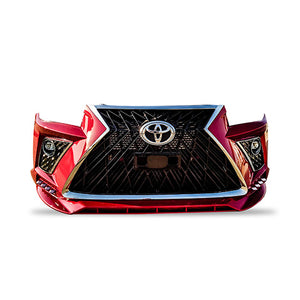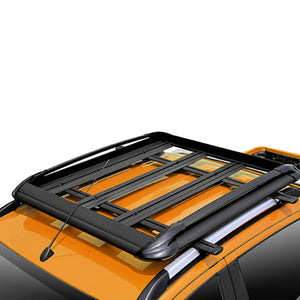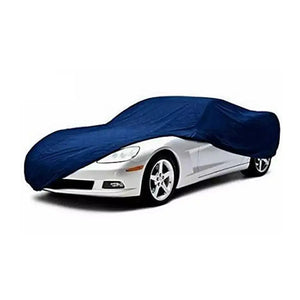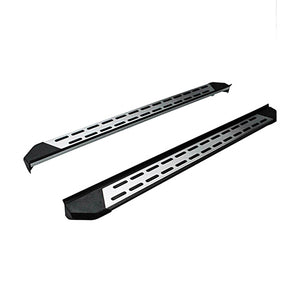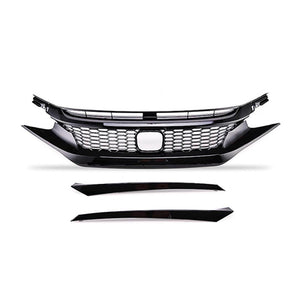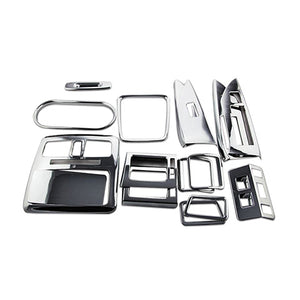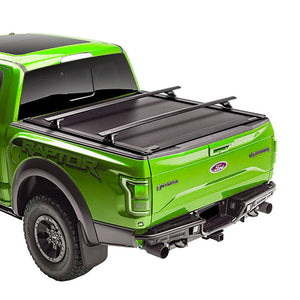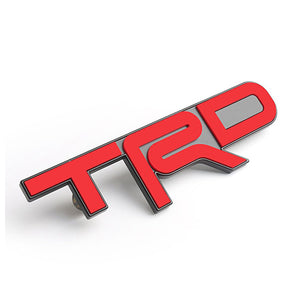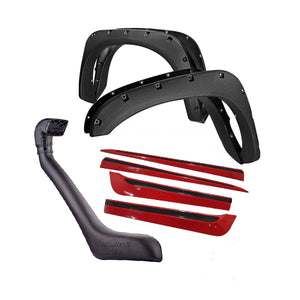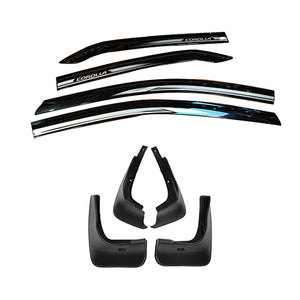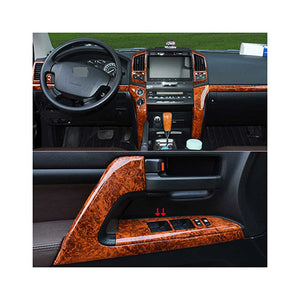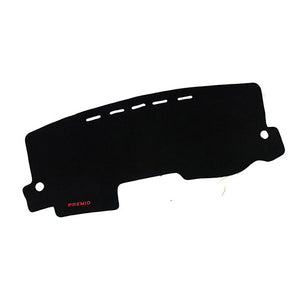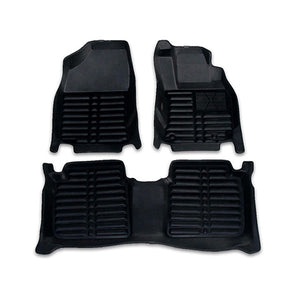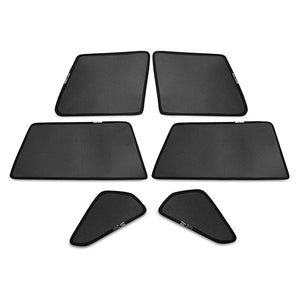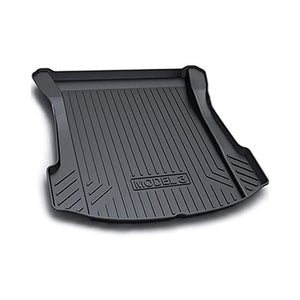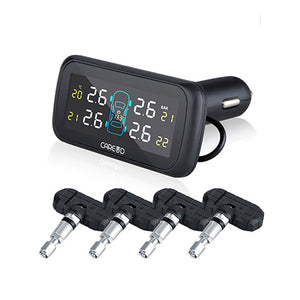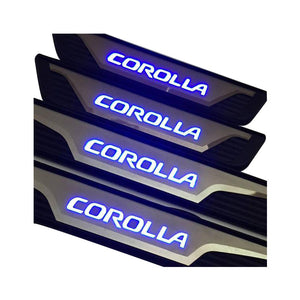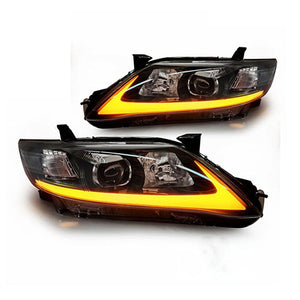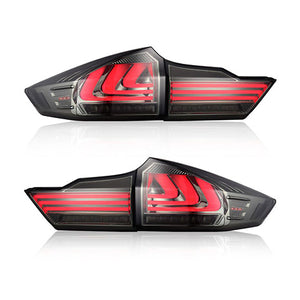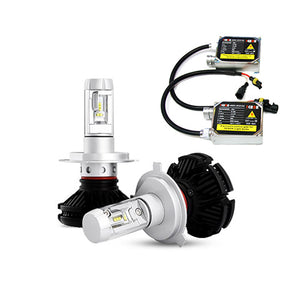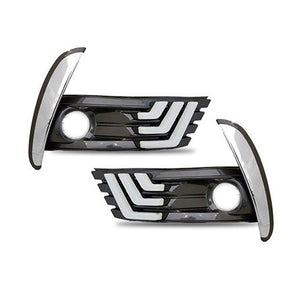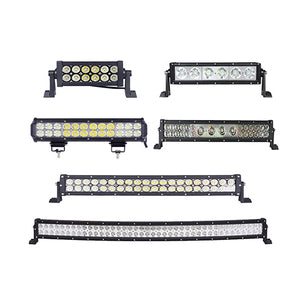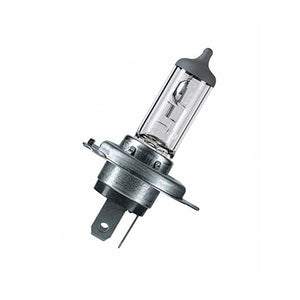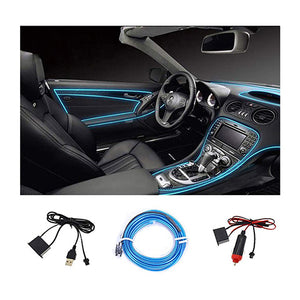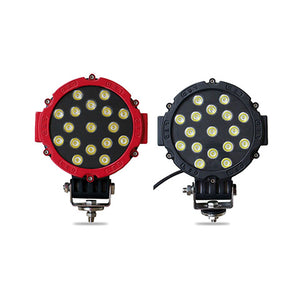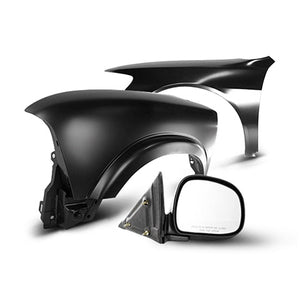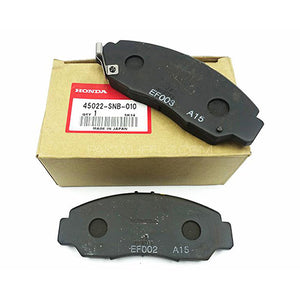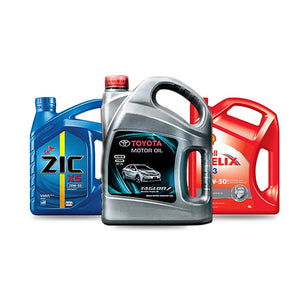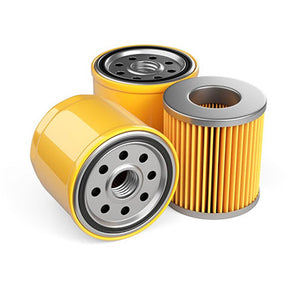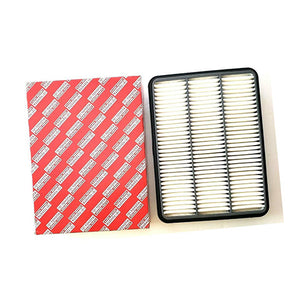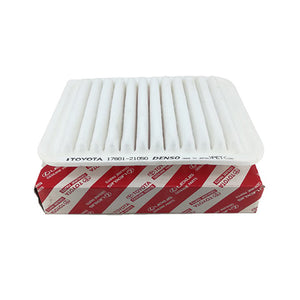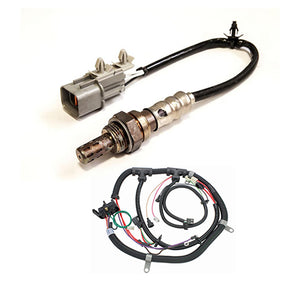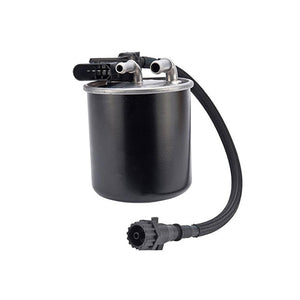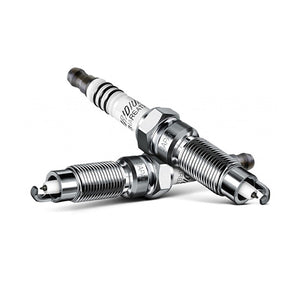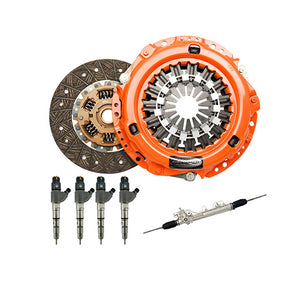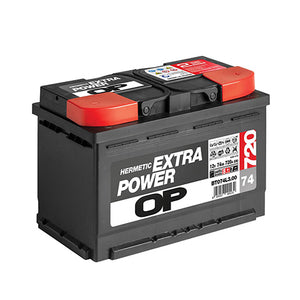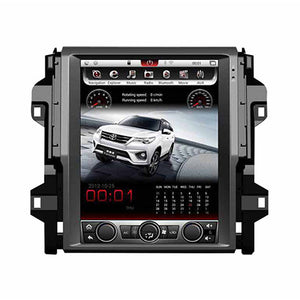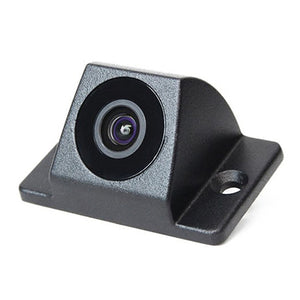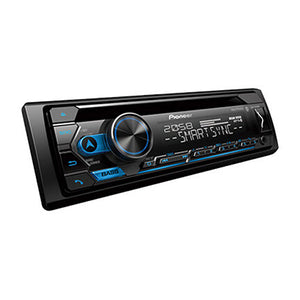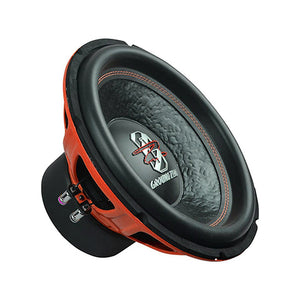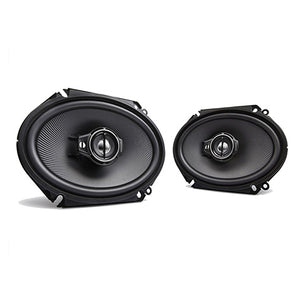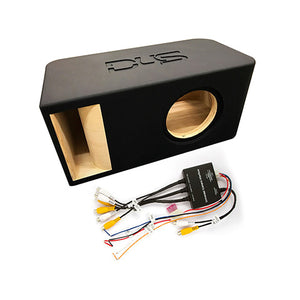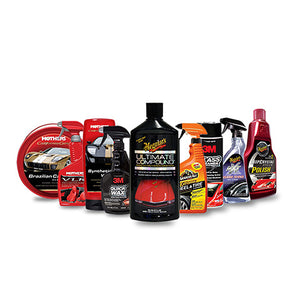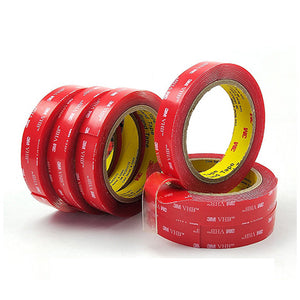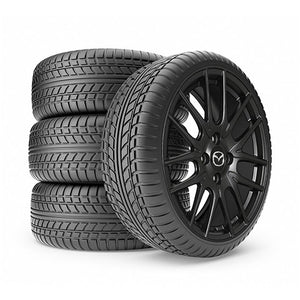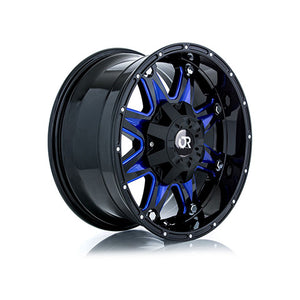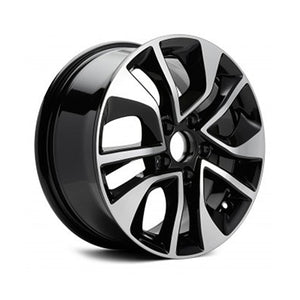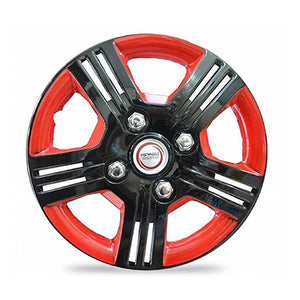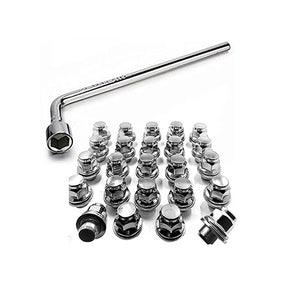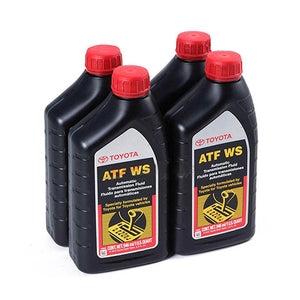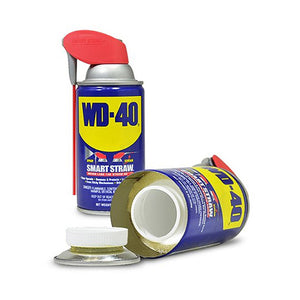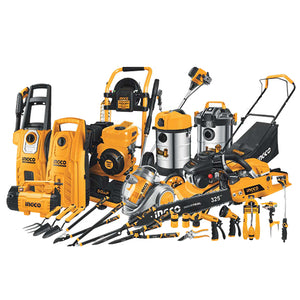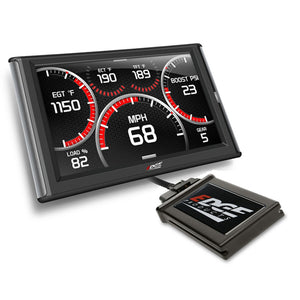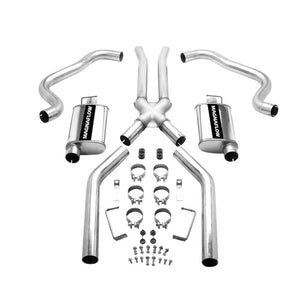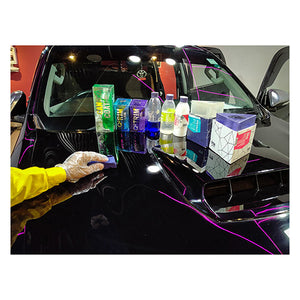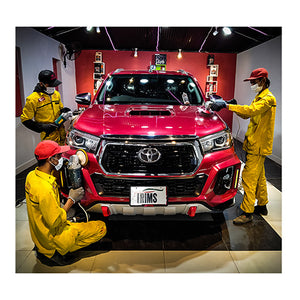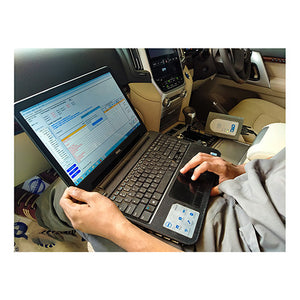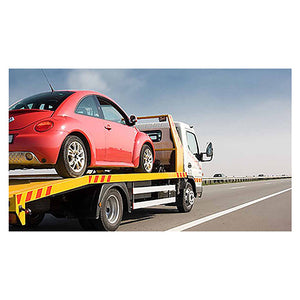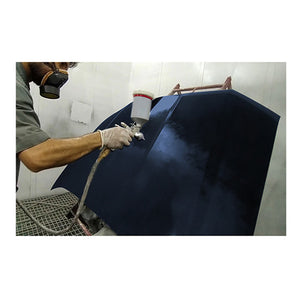Budget 2023-24 – 1% Customs Duty On CBU HEVs

The recent presentation of the Fiscal Budget 2023-24 in the National Assembly has sparked excitement and confusion regarding the taxes and duties imposed on cars and the auto industry. One particular aspect of the Finance Bill 2023 that has received attention is the treatment of Completely Built Unit (CBU) Hybrid Electric Vehicles (HEVs) and their associated taxes. Some outlets have claimed that there is a significant exemption for HEV CBUs, but the reality is quite different.
To understand the situation, let's delve into the explanation provided:
The Scope of the Exemption

First and foremost, it's important to clarify that the exemption does not apply to HEV crossover SUVs or sedans. In essence, no passenger cars fall under this offer. To grasp this correctly, it is necessary to examine the Product Classification Tariff (PCT) Codes specified in the Finance Bill.
The primary PCT Code in question is 8702, which pertains to "motor vehicles for the transport of ten or more persons, including the driver." Within this category, the subcategories 2090 and 3090, when combined with 8702, specify the exact type of vehicle. For instance, the subcategory 2090 denotes vehicles used for goods transport.

Hence, the 1% Customs Duty (CD) is only applicable to commercial vehicles. However, there is an additional condition to avail of this concession. The local companies must have plans to manufacture or assemble the vehicle within the country. If a company does not intend to carry out local assembly, it is not eligible for the concession.
Unchanged Duties for Parts and PHEVs

While there is a 1% CD for the import of HEV CBUs, it is crucial to note that the 4% CD on the import of parts for HEVs and the 3% CD on Plug-in Hybrid Electric Vehicles (PHEVs) remain unchanged. There is no concession or exemption in this regard.
Budget 2023-24 Govt Ends Tax Cap On Asian Make Used Vehicles

The recent presentation of the Fiscal Budget 2023-24 by the government has brought forth some significant changes in the tax and duty systems for cars and the automobile industry. One noteworthy amendment pertains to the tax cap on the import of old and used vehicles of Asian make.
Removal of Tax Cap on Asian Make Used Vehicles

Previously, a duty and taxes cap was imposed in 2005 on the import of old and used vehicles up to 1800cc of Asian make. However, under the Budget 2023-24, the tax cap on vehicles above 1300cc has been removed. This means that the tax cap up to 1300cc will remain unchanged.
To gain a deeper understanding, let's refer to FBR S.R.O 577(I)/2005, which states that "The import of old and used vehicles of Asian makes are exempted from customs duty, sales tax, and withholding tax as a cumulative amount specified in the following table."

Shifting to Ex-factory Price-based Taxation

Previously, the government used to collect a fixed amount of dollars in taxes, regardless of the original market price of the imported car. For example, the tax imposed on Toyota Aqua, Vitz, and Honda Fit used to be the same in dollars. However, under the new tax structure, the government will collect duties and taxes based on the ex-factory price of the vehicle in its original market, such as Japan.
Earlier Rumors on Taxes

Prior to the official announcement of the budget, there were various rumors circulating in the media regarding the proposed taxes and duties on cars and the auto sector. According to some news channels, the government was considering increasing the tax rate on luxury cars and implementing a tax based on the price range for locally assembled cars. Additionally, there were reports suggesting the implementation of a Capital Value Tax (CVT) on 1,000cc cars.
The Reality of Taxes in Budget 2023-24

Contrary to the rumors, the tax document released with the budget does not include any provisions for higher Advance Income Tax, Capital Value Tax, or Custom Duty rates for new cars in Pakistan. This comes as good news for potential car buyers, as it indicates that car prices may not see a significant rise due to increased tax rates.
However, it is important to note that the budget does not provide any relief to the car industry amid the ongoing economic crisis. Therefore, car prices are not expected to decrease in the near future, and the industry may face significant challenges in the coming fiscal year.
Customs Duty on Car Parts

In another development, the government has imposed a 35% customs duty on the import of car components. Surprisingly, this rate applies uniformly to all car parts, regardless of their complexity or significance in the overall functioning of the vehicle. These parts play critical roles in ensuring safety, comfort, performance, and functionality.
Some of the car parts subjected to the 35% customs duty include protective strips, luggage compartments, interior panels, water and air hoses, bumpers, spare tires, engine and transmission assembly, suspension and brake components, wheels and tires, exhaust systems, and electrical components.
Impact on the Car Market and Industry

The removal of the tax cap on Asian make used vehicles above 1300cc could have both positive and negative effects on the car market. On one hand, it may lead to increased competition and a wider variety of imported vehicles available to consumers. This could potentially provide more options at different price points, catering to a broader range of customers.
However, the impact on the local car industry remains a point of concern. With the removal of the tax cap, there is a possibility that imported used vehicles may become more attractive to consumers, posing a challenge to the local car manufacturers. The local industry may face increased competition, potentially affecting their sales and market share.
Furthermore, the imposition of a 35% customs duty on car parts could have repercussions on the availability and affordability of these components. The increased cost of imported parts might lead to higher prices for repairs and maintenance, impacting both car owners and the aftermarket industry.
Government's Rationale

The government's decision to remove the tax cap on Asian make used vehicles and impose customs duty on car parts stems from its objectives to generate revenue, regulate the market, and promote local manufacturing. These measures are aimed at balancing the interests of consumers, the automobile industry, and the government's fiscal goals.
By removing the tax cap, the government aims to tap into potential revenue from the import of higher cc vehicles. This move aligns with their efforts to broaden the tax base and enhance revenue collection. The imposition of customs duty on car parts intends to encourage local manufacturing and reduce dependency on imports, promoting the growth of the domestic auto parts industry.
Future Prospects

As the new tax and duty structure takes effect, it will be crucial to monitor its impact on the car market, consumer behavior, and the local industry. Stakeholders in the automobile sector, including car manufacturers, importers, dealers, and consumers, will be observing the market dynamics closely.
The government may need to assess the consequences of these changes periodically and make adjustments if necessary. It is essential to strike a balance that fosters healthy competition, supports local manufacturing, and ensures consumer satisfaction.
Budget 2023-24 Reduced Customs Duty On CKD Buses And Trucks

The government of Pakistan has taken a significant step to support the local manufacturing industry by reducing the Customs Duty (CD) on completely knocked down (CKD) buses and trucks in the recently announced fiscal budget for 2023-24. This decision, which lowers the CD from 10% to 5%, is expected to have a positive impact on the prices of buses and trucks. It is indeed a welcome development for both manufacturers and consumers.
Incentivizing Local Production

The reduction in Customs Duty on CKD buses and trucks is a strategic move by the government to encourage and incentivize the local production of these vehicles. By lowering the import duty, the government aims to boost domestic manufacturing, thereby creating employment opportunities and stimulating economic growth. While manufacturers may choose not to increase the prices of buses and trucks, the reduced Customs Duty will provide them with some breathing space and enable them to maintain the current prices for a certain period. This news brings relief to owners of goods and people transporter services who heavily rely on these vehicles for their daily operations.
Customs Duty On Tractors in Budget 2023-24

Apart from the relief provided to the Heavy Commercial Vehicle (HCV) sector, the government has also introduced a Customs Duty of 15% on the import of agricultural tractors in the budget for 2023-24. The Customs Duty for tractors is determined based on their engine power, and according to available information, tractors with an engine power between 26 kW and 75 kW will be subject to a 15% Customs Duty, while other agricultural tractors will have a Customs Duty of 10%.
Balancing Local Manufacturing and Import Dependencies

The decision to impose Customs Duty on agricultural tractors demonstrates the government's efforts to strike a balance between promoting local manufacturing and managing import dependencies. By setting different Customs Duty rates based on engine power, the government aims to incentivize the production of tractors within the country. This move is expected to encourage the local manufacturing industry and enhance self-sufficiency in agricultural machinery.
Supporting Domestic Production

While the imposition of Customs Duty on agricultural tractors may result in a slight increase in their prices, it is a measure aimed at supporting domestic production and reducing import reliance. The government's focus on the agriculture sector and its commitment to improving the overall productivity and efficiency of the industry are evident in this decision. It is a step towards ensuring the availability of reliable and affordable agricultural machinery for farmers across the country.
Conclusion

The Budget 2023-24 has brought about significant changes in the tax and duty structure for cars and the automobile industry in Pakistan. These changes have both positive and negative implications for various stakeholders involved.
On one hand, the reduction in Customs Duty (CD) on completely knocked down (CKD) buses and trucks is a welcome development for manufacturers and consumers alike. It is expected to lower the prices of these vehicles and incentivize local manufacturing, thereby benefiting the economy and creating employment opportunities.
On the other hand, the imposition of Customs Duty on agricultural tractors may lead to a slight increase in their prices. However, this move is in line with the government's focus on promoting local manufacturing and reducing import dependency in the agricultural sector.
Furthermore, the removal of the tax cap on Asian make used vehicles above 1300cc and the imposition of a 35% Customs Duty on car parts have sparked debates and raised concerns. These changes may impact the local car industry, as consumers may opt for imported used vehicles, and the cost of car repairs and maintenance may increase due to higher prices of imported parts.
It is crucial for the government to closely monitor the effects of these changes on the market, industry, and consumers. Regular evaluation and assessment will help determine whether adjustments or modifications are necessary to ensure a balanced and thriving automotive sector in Pakistan.
The Budget 2023-24 has introduced a mixed bag of reforms and measures in the automobile industry. While some changes aim to stimulate local manufacturing and provide relief to specific sectors, others may pose challenges and uncertainties. The true impact of these changes will unfold in the months to come, shaping the future of the automotive landscape in Pakistan.





